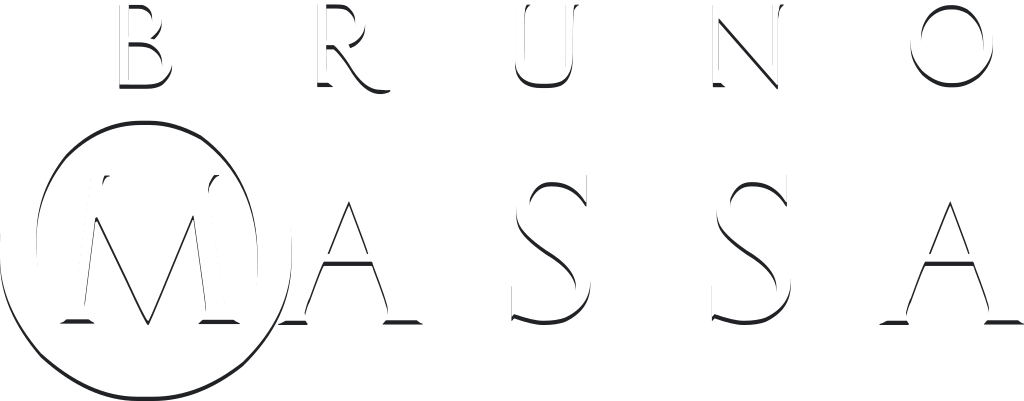While university diplomas are still highly valued in many professions, their limitations are becoming increasingly apparent. A diploma may indicate that an individual has completed a particular course of study, but it does not necessarily certify that they possess the knowledge and skills needed to succeed in a particular field.
Additionally, university programs can vary widely in terms of quality, curriculum, and rigor. This can make it challenging for employers to evaluate the capabilities of job candidates who have graduated from different programs.
An example of the market perspective is the Information Technology (IT) industry. With the rise of technology, there is a high demand for IT professionals with specific knowledge and skills. Employers are increasingly looking for individuals who possess certifications, as a way to evaluate their capabilities, instead of looking for a diploma.
Third-Party Certification
One potential solution to the limitations of university diplomas is the implementation of national or international certification processes. These processes would involve standardized exams or assessments that would certify an individual’s knowledge and skills in a particular field.
One example of this is Brazil’s national exam for law students, which requires individuals to pass an assessment before being allowed to practice as lawyers. This type of certification process assures employers and clients that the individual has the necessary knowledge and skills to perform their job duties.
The Importance of Expiration Dates
While national or international certification processes can provide greater assurance of an individual’s knowledge and skills, it is also important to ensure that certifications remain relevant and up-to-date. This is where expiration dates come in.
Expiration dates ensure that certified individuals are continually updating their knowledge and skills to remain current with developments in their field.
Medical professionals are required to complete continuing education courses and renew their licenses periodically to ensure that they are up-to-date with the latest developments in medicine. Neglecting this can potentially compromise patient health. This ensures that they can provide the best possible care to their patients and remain competitive in the job market.
Revamping Careers
The limitations of university diplomas and the need for national or international certification processes also highlight the need to revamp careers. Many professions are changing rapidly, and it is becoming increasingly important for individuals to stay current with the latest developments and trends.
One way to address this is through continuing education programs. These programs would provide ongoing training and development opportunities for professionals, allowing them to stay up-to-date with the latest developments in their field.
Consider the legal profession. With the rise of technology and globalization, the legal profession is changing rapidly. As a result, law firms are now offering continuing education programs and opportunities for lawyers to specialize in specific areas, such as technology law or international law. This allows lawyers to stay current with the latest developments and provide the best possible advice and representation to their clients.
The Client Perspective and National Policy
The use of national or international certification processes and continuing education programs can also benefit the market as a whole. With standardized certifications, employers would have measurable indicators to properly select the best professionals for their organizations. This would lead to increased productivity and efficiency, which would ultimately benefit the economy as a whole.
Additionally, the implementation of these programs would inevitably lead to a raise in the national educational level. As individuals are required to continually update their knowledge and skills, the overall educational level of the workforce would rise. This would benefit not only the individuals themselves but also society as a whole.
Furthermore, the use of national or international certification processes would also provide greater transparency in the job market. Employers would be able to evaluate candidates based on their certifications and knowledge, rather than relying solely on educational credentials. This would help to level the playing field for individuals who may not have had access to high-quality educational programs.
In conclusion, the limitations of university diplomas and the need for national or international certification processes highlight the need for ongoing training and development opportunities for professionals. Through the use of continuing education programs and the implementation of standardized certification processes, professionals can stay up-to-date with the latest developments and trends in their respective fields.
These changes would also benefit the market as a whole by providing measurable indicators to properly select the best professionals for organizations. Additionally, the implementation of these programs would lead to a raise in the national educational level and provide greater transparency in the job market.
As the world continues to evolve and change, individuals and organizations need to adapt to these changes to remain competitive. The use of standardized certifications and continuing education programs is one way to ensure that professionals can keep up with the pace of change and remain relevant in their respective fields.
Note: This text was written in 2012 only in my personal notes and only now I revised and published.













